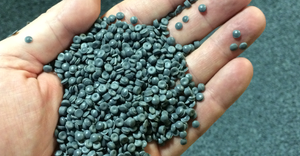The Reality of N.J.’s Recycling Record
New Jersey passed the nation’s first mandatory recycling law in 1987. But since being on the cutting edge 30 years ago, the state’s recycling record has been a bit more mixed.
NJSpotlight.com takes a deep dive assessing what recycling looks like in the Garden State.
From the story:
Tonnage has varied considerably since 1987, when recycling and reporting were made mandatory and the state set a goal of recycling 50 percent of municipal solid waste (MSW). Recycling totals peaked at 45 percent of MSW in 1995, and at 61 percent of total solid waste in 1997, according to the Association of NJ Recyclers (ANJR).
In 1996, the state’s old recycling fund was allowed to expire. In addition, a federal court ruling ended state restrictions on where trash could be disposed, which cut the cost of waste disposal and made recycling less attractive. By 2003, New Jersey recycled only 33 percent of MSW and 52 percent of total solid waste, according to the ANJR. However, the tax and grants instituted in 2008 appear to have rejuvenated recycling somewhat.
The DEP says that in 2013 the state generated 10 million tons of MSW and recycled 43 percent, compared to 34 percent for the U.S. as a whole. The state’s rate for all solid waste, which includes large amounts of construction debris, was 58 percent.
About the Author
You May Also Like


